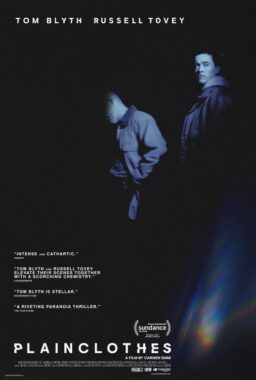David Lavery writes about the nature writer Loren Eiseley:
In All the Strange Hours, as he watches growing packs of wild dogs prowling along Market Street in Philadelphia, Eiseley imagines that the takeover is very far advanced and that the very same dogs he watches may even outlive their masters and “still be waiting when the first wild oak bursts through the asphalt of Market Street. ” Yet these and all dogs may, Eiseley thinks, retain even then at least a memory of a “dim hand that they all feel but have never known, ” a “dim memory of a visiting god who could not save himself but whose touch wrought something ineffable. ” But when that “racial memory” is no longer experienced, ” then man will in truth be gone.”
One of those dogs, however, brings a message to Eiseley, a message he
communicates only through the licking of his tongue, but which Eiseley, a scientist on a vision quest into knowledge, is able to translate into human language: ” If you would come out of your doors and stonework, ” the dog pleads with Eiseley, “we could lie here in the dust and be safe, as it was in the beginning when you, the gods, lived close to us and we came in to you around the fire. ”
This dog delivers a summons, Eiseley discerns, because he simply “did not understand the gods nor why they persisted in going so far away.”












